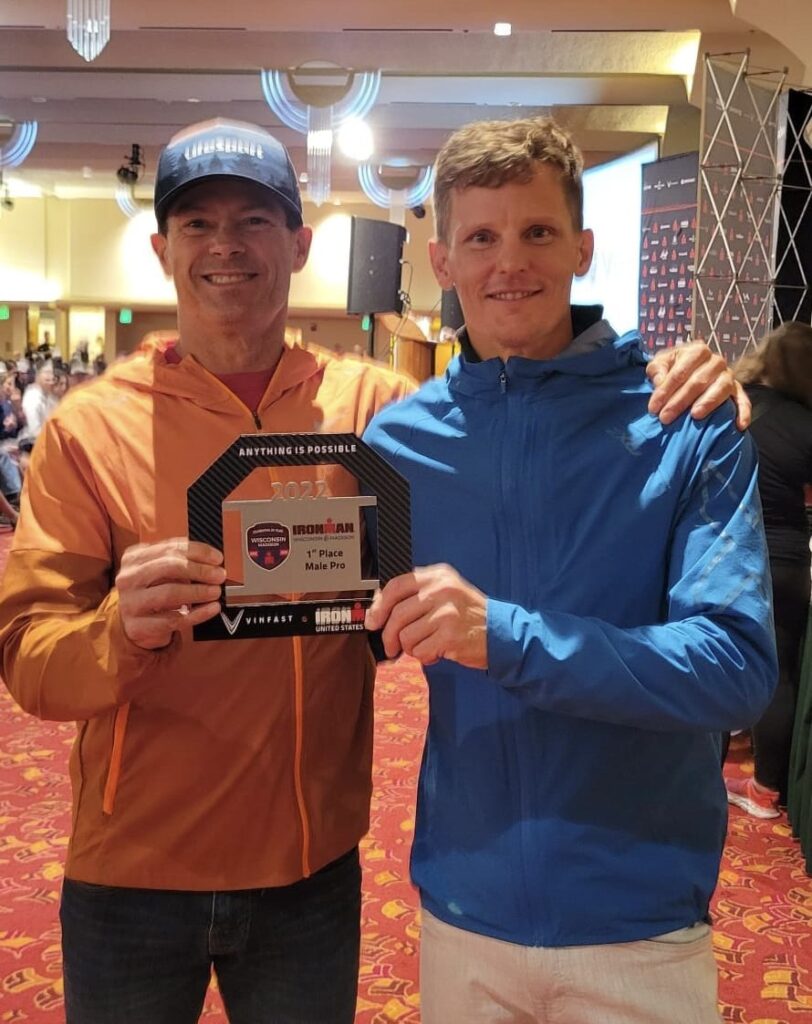Ironman and 70.3 are incredible goals but the reality is that most people can achieve them within a balanced training lifestyle with proper planning. If you have raced shorter distance events and you’re excited about the challenge of going longer, here are a few basic pointers to consider:
1– Evaluate your strengths
Look at your results relative to other finishers in each discipline of the triathlon. How do you rank within all three? Also consider the conditions you encountered, including weather and terrain. This is a clue as to the areas you might need to improve. Additionally, do you have background in any of the three sports? If one comes more naturally, you may be able to put it on the back burner and focus on building endurance and expertise in the other two.
2 – Pick a realistic event and time line
Most people can finish an Ironman within a year. Most people could train for their first 70.3 within six months. You need to register early, so pick your goal. You will have a stronger and more successful experience if you plan a proper timeline.
3 – Create training steps – endurance and technical
Accomplishing a long-term goal includes creating achievable steps to get there. Reflecting on pointer #1 above, the next step in the journey is to create opportunities to accomplish each step towards your long term goals. Find help to learn the technical skills and create a reasonable progression to gradually build your endurance.
4 – Evaluate your nutrition
Nutrition is the 4th event in long course triathlon. A poor nutrition plan will mean that you cannot show off your true level of fitness on the racecourse. This needs to be practiced in training for any session 90 minutes or longer. Be systematic in evaluating the products. Rule out anything that doesn’t sit in your stomach. You can also train yourself to process more calories on the fly and drink more fluid overtime. You need to learn to eat on a schedule with caloric, sodium and hydration targets.
5 – Find experienced help to guarantee success: Coach and mentor
Rather than trying to learn it all through trial and error, expedite your learning process by working with a certified coach or finding a local mentor. While there are a number of factors to integrate into a successful triathlon training progression, having someone with experience in your corner will ensure a smoother journey.
If you are interested in learning more about how to train and race longer, I am offering a free clinic on the topic on October 17th. I’d love to see you at my webinar. To register, please email juliet@lifesportcoaching.com
LifeSport head coach Lance Watson has coached a number of Ironman, Olympic and age-group Champions over the past 30 years. He enjoys coaching athletes of all levels. Join Lance to tackle your first triathlon or perform at a higher level.
